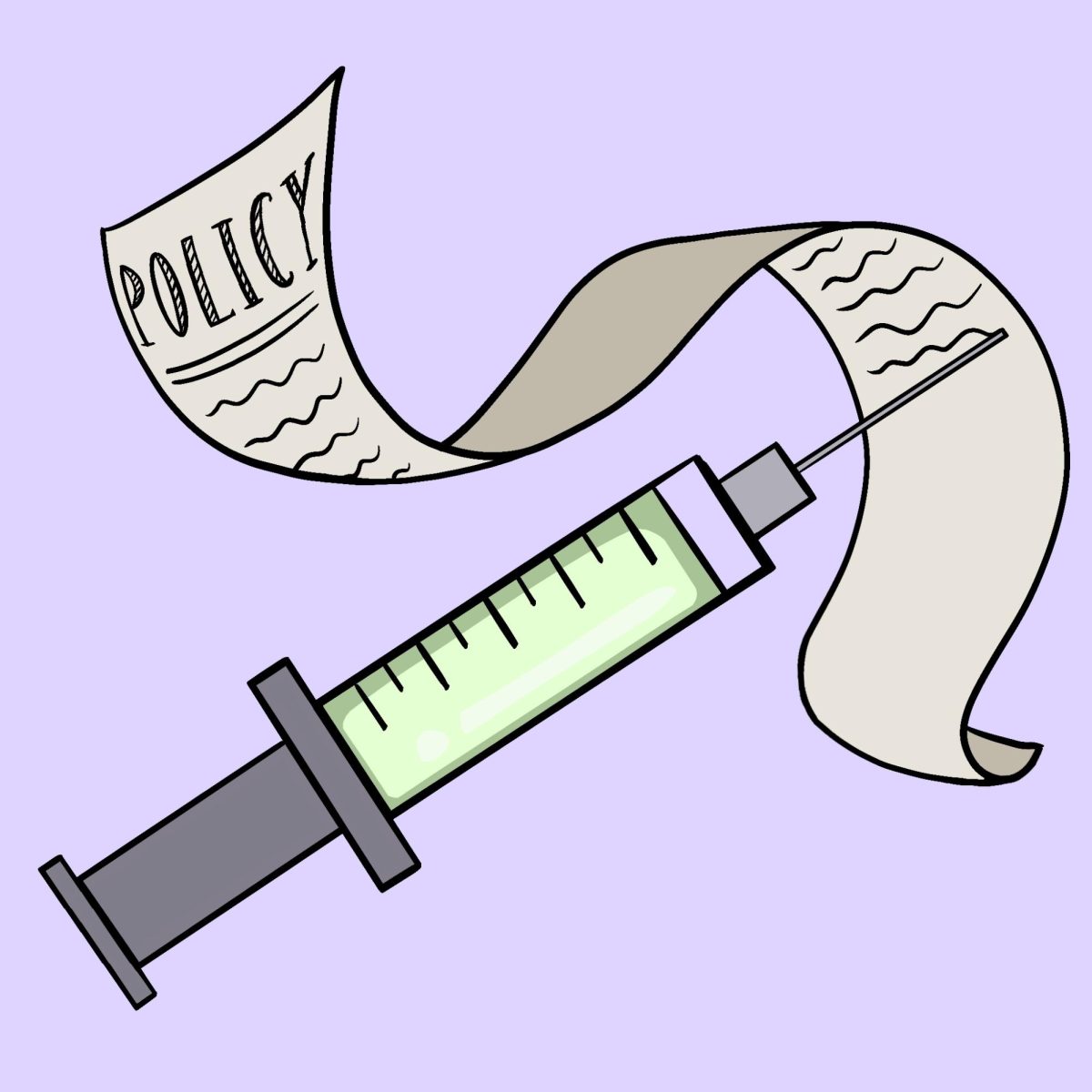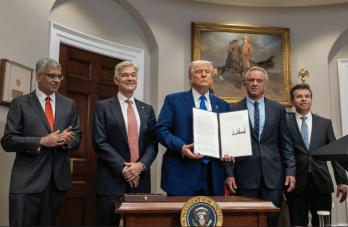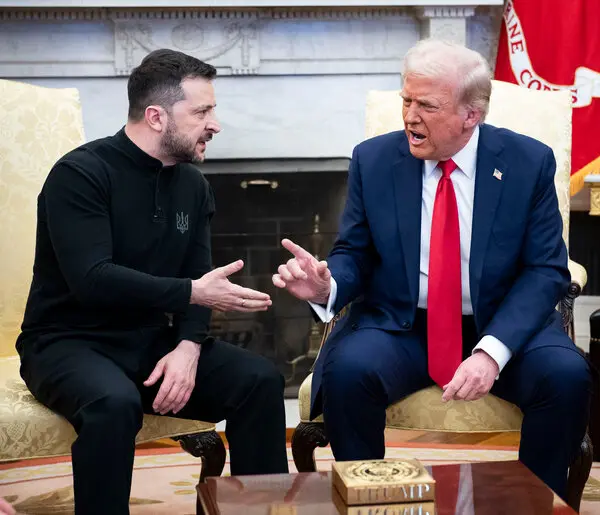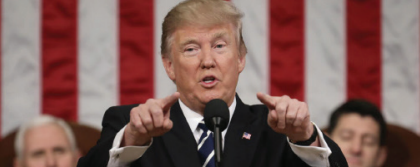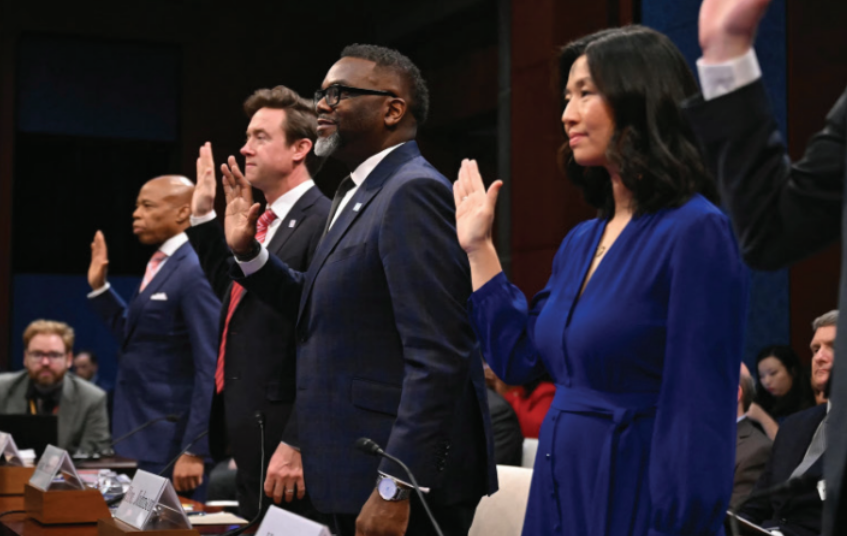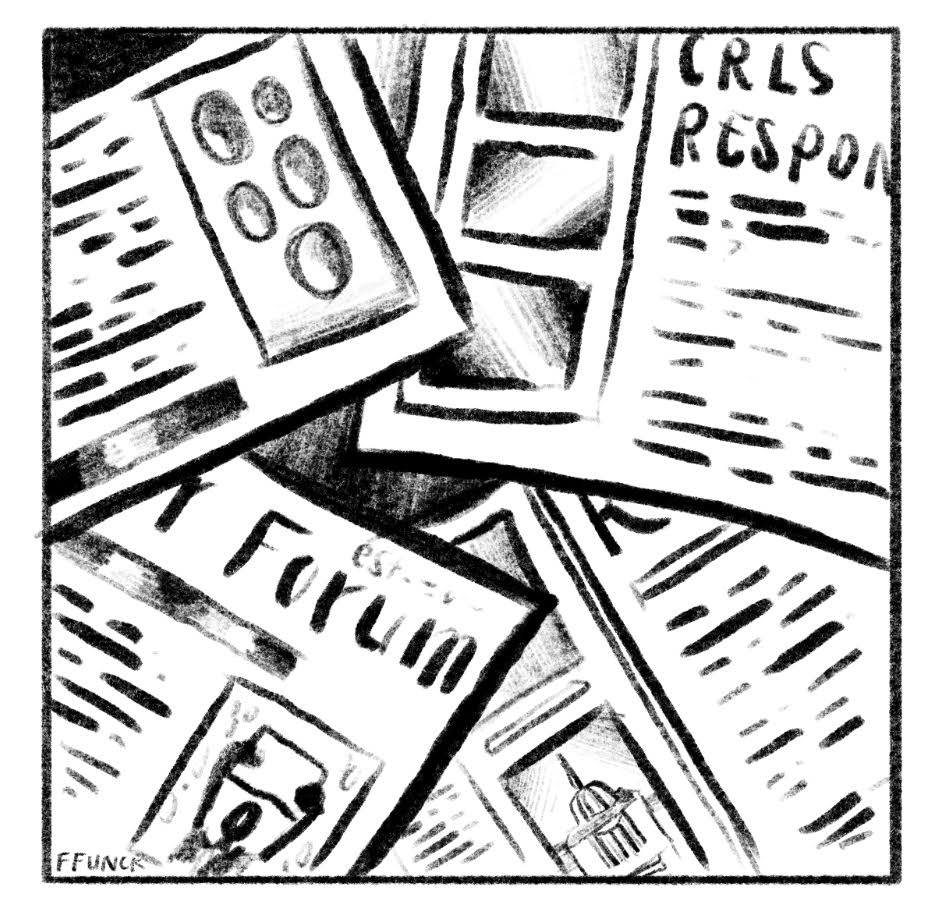After dramatic student demonstrations against the ongoing genocide of the Palestinian people, the Ivy League went into summer hoping for respite. Instead, the Trump Administration launched widespread attacks on higher education. In April, the Trump administration paused federal funding for many members of the Ivy League as it investigated alleged antisemitism. Although the investigations were launched on the basis of antisemitism, many believe that the funding cuts were also driven by conservative interests. The Secretary of Education Linda McMahon said to FOX Business, “this is a monumental victory for conservatives who wanted to do things on these elite campuses for a long time because we had such far left-leaning professors.”
In July, Columbia University was the first to fold. Much of Columbia’s settlement involves ending “DEI initiatives” and scrutinizing Columbia’s admissions practices: the University is banned from preferencing applicants on the basis of “race, color, or national origin.” This scrutiny will force the admissions office to walk on eggshells. The University agreed to pay a 200 million dollar settlement over three years, as well as an additional 20 million dollars to close adjacent investigations.
Likewise, Brown has to pay a sum of 50 million dollars over 10 years; this charge will be directed to in-state development workforce grants, and Columbia’s admissions data was given to the Trump Administration where it may face a comprehensive audit.
Similarly, University of Pennsylvania (UPenn) faced Title IX investigations from the Department of Education for allowing transgender swimmer Lia Thomas to compete in the women’s division. UPenn has disavowed Lia Thomas and erased her records and titles.
By contrast, Harvard has been publicly combative towards the Trump Administration. They have responded to investigations with lawsuits, ruling that President Trump freezing their funding is unconstitutional. Harvard has continued negotiations with the Trump Administration with this added leverage.
These universities have been forced to take staunchly pro-Israel stances. Brown was forced to renew partnerships with Israeli academics. Harvard cut ties with Birzeit University in the West Bank and dismissed its leader of the Center for Middle Eastern Studies due to “a lack of balance and multiple viewpoints in the Center’s programming on Palestine.” Columbia expanded its definition of antisemitism, claiming the “State of Israel is a racist endeavour.” Detractors argue that this ignores systemic racism in Israel. Palestinians are blocked from owning 80% of land in Israel. Palestinian cities are often unrecognized by Israel which cuts them off from electricity and water. State resources are unequally distributed; only 1.7% of COVID-19 relief was given to Palestinians despite being around 20% of the population.
The question of how these settlements will impact academic integrity is yet to be seen. Michael Thaddeus, president of the Columbia chapter of the American Association of University Professors wrote in an emailed statement, “Columbia’s insistence that it will not allow the government to interfere in appointments, admissions, or curriculum is welcome. Yet the creation of a monitor, charged with scrutinizing our admissions data and our Middle Eastern studies department, opens the door to just such interference.”
As CRLS students begin thinking about their post-secondary plans, many will have to weigh if the Ivy League is still worth it. Eli Bartholomew ’26 commented, “The one that really troubles me is Harvard … they have cut funding for programs that promote diversity and submitted to them [Trump Administration] in other ways that people don’t recognize. It’s something on my mind during college applications.”



